CRAWFORD John Ian – Professional Footballer – 1934-2007
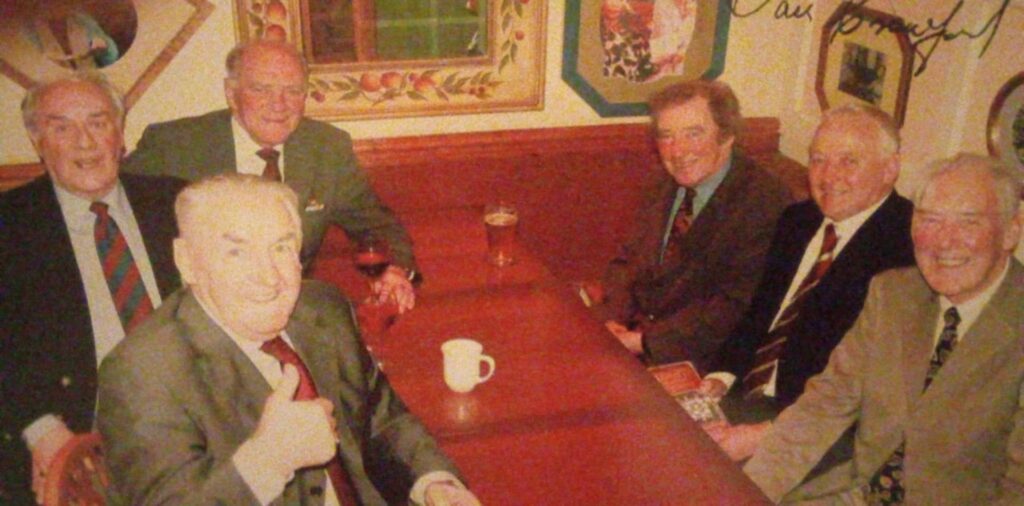
Ian as he was known was my Great Uncle John’s son. Making him my first-cousin x 1 removed. The above photograph was taken at a Heart of Midlothian Hall of Fame reunion shortly before his death in 2007. It was forwarded on to me by my cousin Denise McGinness. Thank you Denise.
John was born in Buccleuch Street in Edinburgh’s south-side.
Born in Edinburgh on Saturday 14 July 1934, John Crawford was popularly known as Ian to avoid confusion with his father who played for Hibernian and Dundee United before the Second World War. Ian was a plumber to trade and also a brilliant winger who scored 114 goals in 223 appearances for Hearts. The sprightly 5’7″ attacker joined Hibernian in July 1951. He later became a free agent and was snapped-up by the Hearts Manager, Tommy Walker, in August 1954

HIS FAMILY HISTORY

IRISH ROOTS
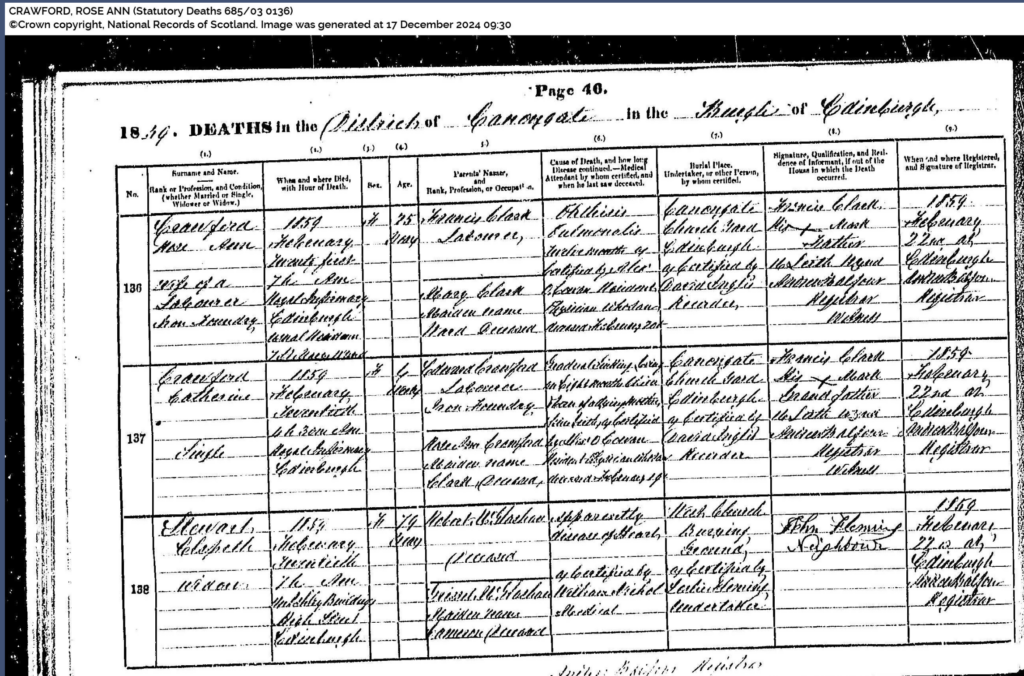
The above document shows the death of Rose Ann Crawford maiden surname Clark age 25 in 1859. Alongside her was her 4 week baby girl Catherine. Both interred in the Canongate Churchyard in Edinburgh. GG Grandmother of Ian.

This is the second marriage between Edward Crawford [Great-Great Grandad] and Catherine Clark. you can see he described himself as a Blacksmith, Journeyman, widower. Edward’s parents Andrew Crawford, Farmer, deceased and Mary Connell, also deceased. The family were from Nobber County, just south of the Northern Ireland Border today

Their son William was born in Edinburgh in Fishmarket’s Close in 1854. He was Ian’s Grandad

William was 18 when he married Annie Murphy in St. Patrick’s Chapel Cowgate. William at some point was in the Army and they had a son Francis who died in 1888 age only 11.


and as you can see the son of Edward and Rose Ann. He died age 40 years in Craiglockhart City Poor House at Colinton. – Annie Murphy his widow residing at 11 High Calton, at the back of the High Street.
William and Annie had several children one of whom was Edward – Ian’s line.
There was Hugh who became a soldier, William who worked in a Printers. There was Edward Murphy, who was our direct line and a fishmonger. There was also Rosa who remained a spinster and died in 1953. Three of four other children who all died as babies or very young. The family were poor, very poor and despite it all the family were rich in love and this was obvious in the memories shared by family today.

Edward was described as a Scavenger here in 1917 on his death certificate. The family now embedded in their home at 2 Chessel’s Court. His father William employed by the India Rubber Company.
The Crawford Walker line
The Crawford family at the turn of the 20th century lived in Chessell’s Court in Edinburgh’s old Royal Mile where the family of nine or ten were brought up in a couple of rooms at No. 6 but previously had lived at No. 2.
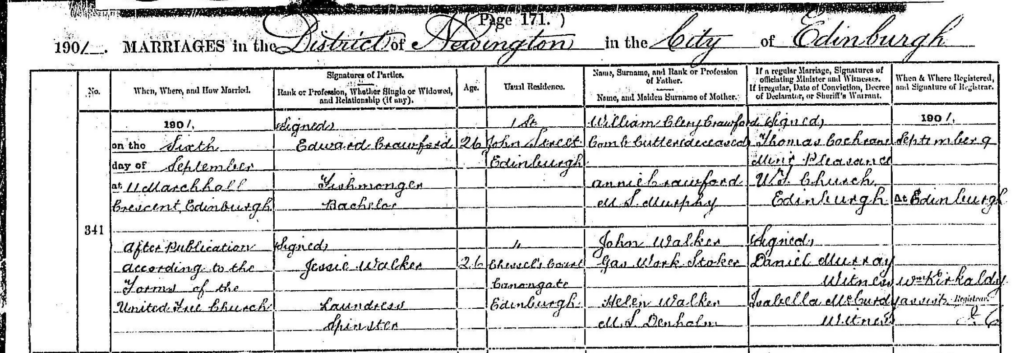
The marriage in 1901 between Edward and Jessie Walker. Their children were
Helen Denhold Crawford – my line [Morrison].
Edward Crawford – Monumental Sculptor married Margaret Geoghan
Rose Crawford – married Charlie Kane – master shoemaker
John Walker Crawford – Ian’s dad – bricklayer and professional football player – married Peggy Smith
Samuel George Crawford – General Labourer – married Catherine Brady Crummie
William Crawford – Builders Labourer – married Helen Robertson
James Crawford – occupation not known but was in Navy WW2
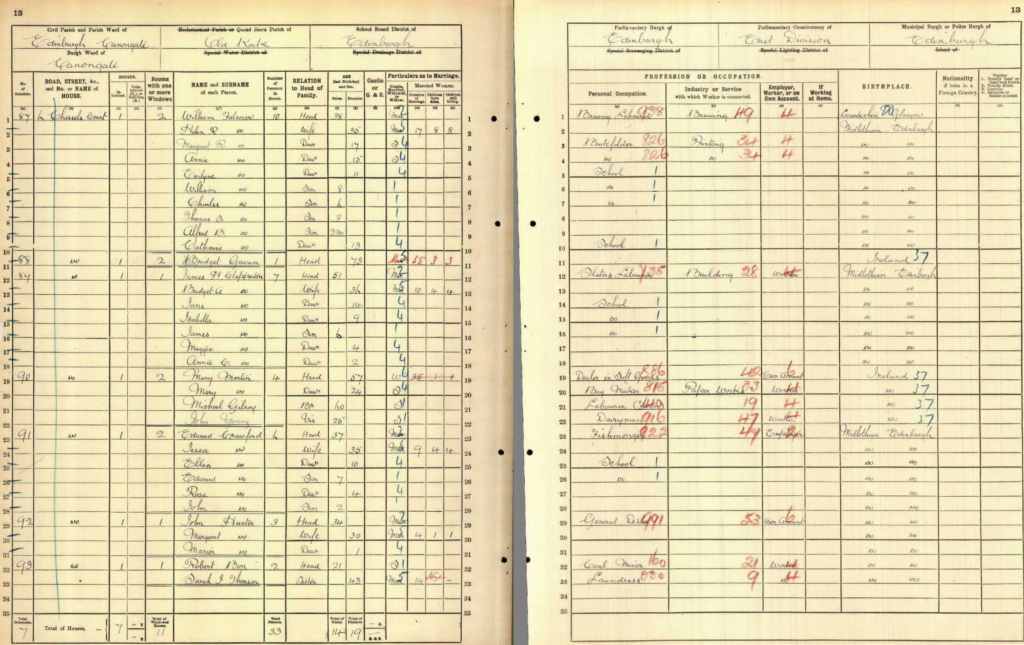
They went on to have more children
IAN footballer – history of his life
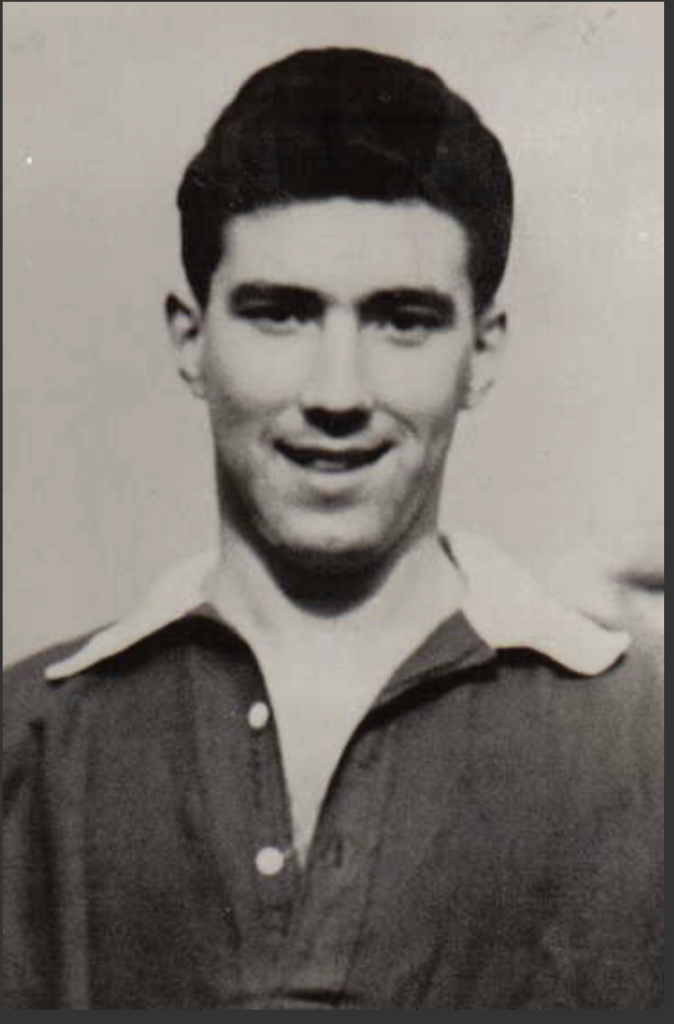
Ian Crawford (14 July 1934 – 30 November 2007) was a Scottish Footballer and coach, who most prominently played for the Heart of Midlothian in the late 1950s. He scored two goals as Hearts won the 1956 Scottish Cup Final the club’s first Scottish Win in 50 years.
Crawford started his senior career with Heart of Midlothian’s rivals Hibernian but did not make a league appearance for the Easter Road club, who enjoyed the services of the ‘Famous Five’ at the time. After a spell with Hamilton Acidemicals, Crawford joined Hearts in August 1954. He scored 58 goals in 127 league appearances as Hearts won two League Championships and the Scottish Cup during his time at the club.
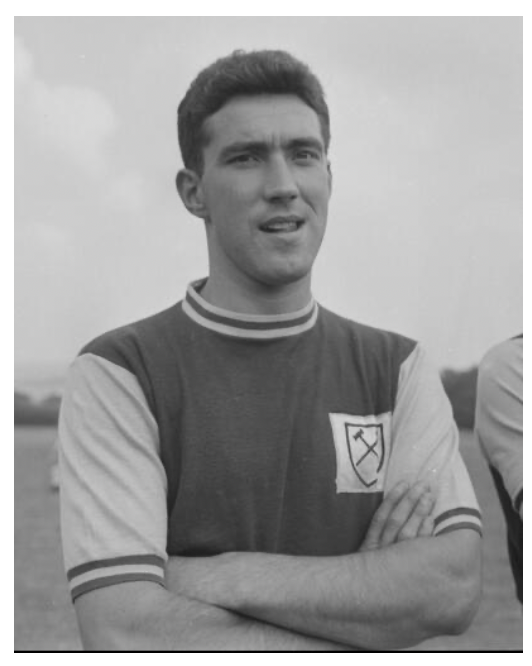
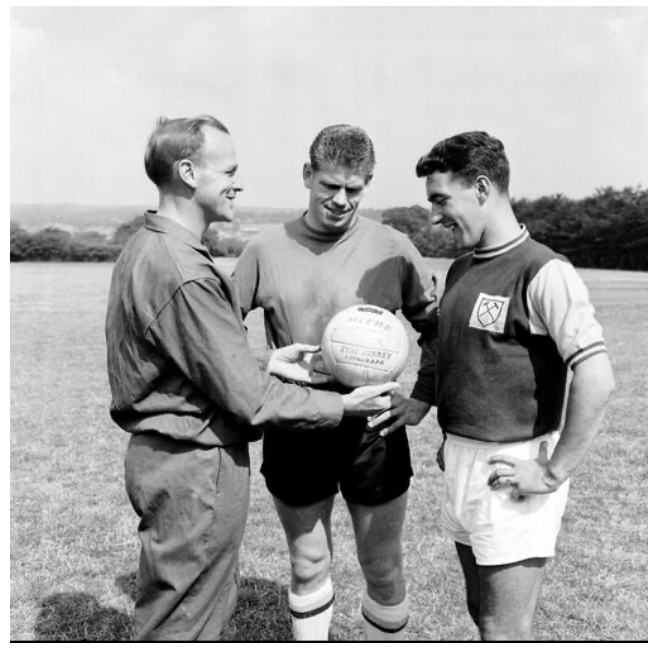
He was transferred to West Ham United for £10,000 in July 1961, where he played alongside Bobby Moore under the management of Ron Greenwood.[1] Crawford later said that it was Greenwood’s encouragement that led him to go into coaching, and he served both Everton and Arsenal in that capacity. He also played for both Scunthorpe United and Peterborough United before retiring as a player.
Crawford never played for Scotland at full international level, but did win one cap at under-23 level, scoring against England.[1]
Footballer and coach; Born July 14, 1934; Died November 30, 2007. IAN Crawford, who has died aged 73, played more than 400 games in an 18-year professional career on both sides of Hadrian’s Wall. But he is best remembered for his two goals which helped Hearts beat Celtic 3-1 in the 1956 Scottish Cup final, a victory which ended the Edinburgh side’s 50-year wait for victory in the competition.
Born in the capital, he was signed, then discarded, by Hibs as a teenager. He moved to Hamilton Academical and, in only 19 first-team games at Douglas Park, he showed enough potential to persuade Hearts manager Tommy Walker to repatriate him to his home city.
He scored on his debut against Cowdenbeath in 1954 but was a spectator in the stand when Hearts ended a 49-year trophy famine by beating Motherwell in the 1955 League Cup final. However, by the time Hearts were next at Hampden, for the 1956 Scottish Cup final, Crawford had supplanted the long-serving and popular Johnny Urquhart in the number 11 shirtHe was undoubtedly the least-known member of a Hearts team which won immortality that day, with his two goals the highlight of a win over a Celtic side which, though subject to indifferent league form, were always a force to be reckoned with in cup matches.
That performance should have been the springboard to greatness as Walker’s young side became Rangers’ most-consistent challengers at the top of the Scottish game. But somehow it never quite happened for the dapper winger with the good looks, the skills and the cannonball shot.
He won an under-23 cap against England, at Ibrox in 1957, joining Hearts team-mates Dave Mackay, Johnny Hamilton and Alex Young in the first Scotland under-23 side not to lose to the auld enemy, with Crawford netting Scotland’s goal in a 1-1 draw from the penalty spot.
But this cut no ice with the national selectors, who were seeking a long-term replacement for Billy Liddell as Scotland’s outside left. They tried men such as Gordon Smith, Jackie Henderson and Willie Fernie out of position in the 11 jersey, but Crawford, arguably Scotland’s most-consistent player in the position in club games, never got the call.
He did, however, enjoy continuing success at Hearts, scoring 132 goals in the process. Twelve from Crawford helped win the league by 13 points from Rangers in 1958. This took them into Europe, where Crawford scored their first goal in European competition, unfortunately in a 5-1 loss in Belgium to Standard Liege.
A second league title followed in 1960, before West Ham United paid the then sizeable fee of £10,000 to take Crawford, who had scored 79 goals in 174 Hearts appearances, a record which places him still in the top 20 of Hearts scorers, to Upton Park
He remained with the Hammers for just 18 months, but in that time he was inspired by the urging of manager Ron Greenwood to join team-mates such as Malcolm Allison in gaining coaching qualifications.
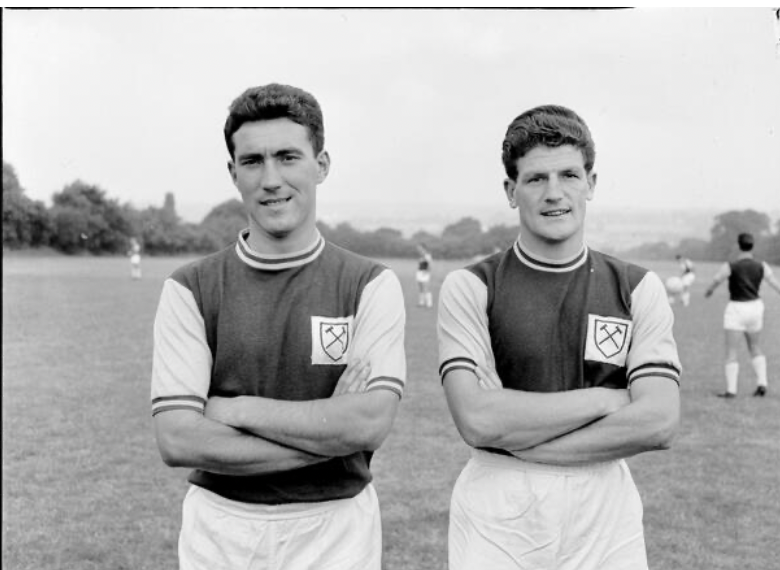
A short spell at Scunthorpe followed, before Crawford moved to Peterborough United in 1964. He played 196 games there before retiring and being granted a testimonial in 1970, which brought former team mates Bobby Moore, Martin Peters, Geoff Hurst and Derek Dougan, plus Rodney Marsh, Terry Venables and Johnny Haynes to London Road to pay tribute.
He cut his coaching teeth with Everton and Arsenal, before Crawford went globe-trotting as a coach. He worked in North America and the Middle East, but most enjoyed his time in Scandinavia, where he coached and managed in Norway and Finland.
He had two sons, Raymond and Brian, from his failed first marriage to Helen. In Finland, he met and married Pikko and for the remainder of his life, Crawford split his time between his wife’s homeland and Peterborough.
He always retained a connection with Hearts, however, and just a few weeks before his death was an honoured guest at a Hearts Hall of Fame dinner at Tynecastle. This photograph at the top of the page is from that very evening.